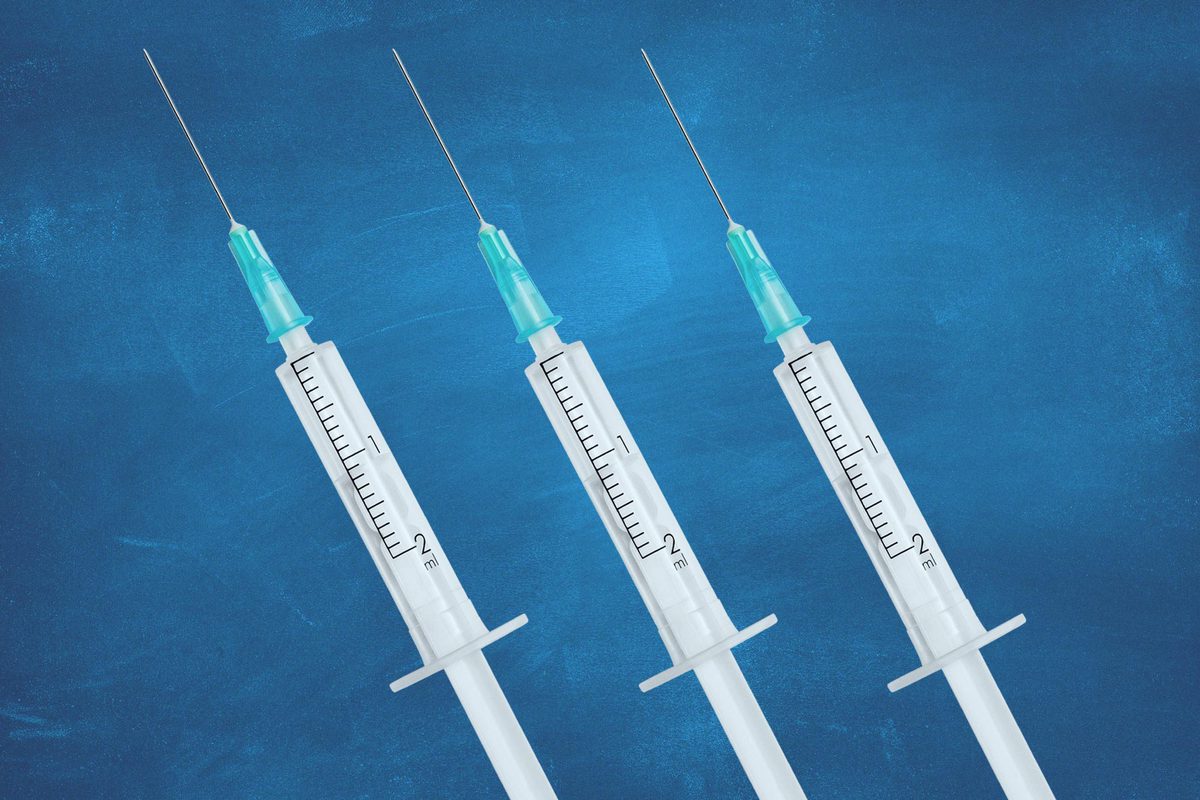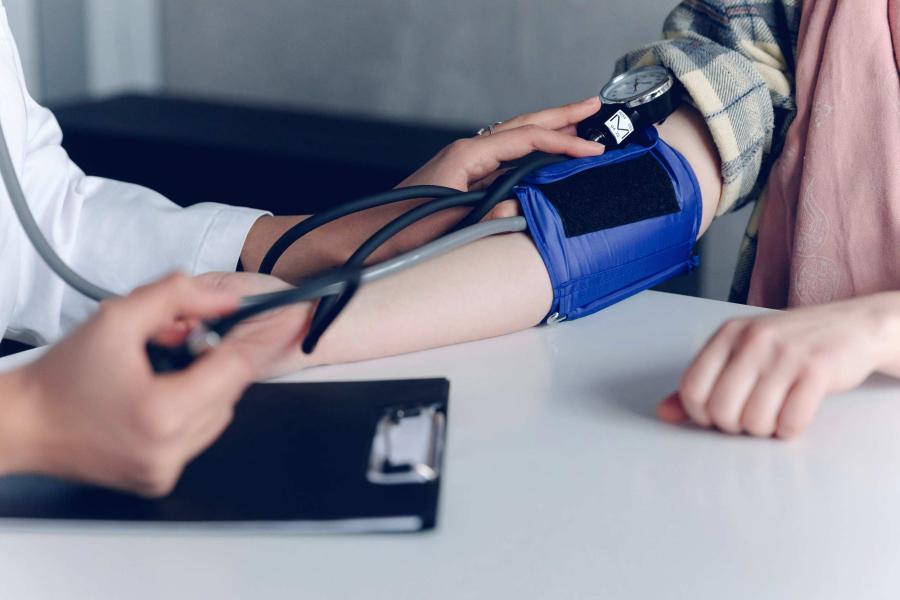With about 58% of American adults fully vaccinated against COVID-19 – and more than 80% in Albemarle County – many are turning their attention to an important follow-up question: Will vaccinated individuals need a booster shot to maintain immunity to the coronavirus and its multiplying variants?
Dr. William Petri, a chaired professor of infectious diseases and international health at the University of Virginia and vice chair for research in UVA’s Department of Medicine, analyzed the topic earlier this week for The Conversation.
Here are his answers to six common questions.
Q. What is a booster shot?
A. Boosters are an extra dose of a vaccine given to maintain vaccine-induced protection against a disease. They are commonly used to bolster many vaccines because immunity can wear off over time. For example, the flu vaccine needs a booster every year, and the diphtheria and tetanus vaccine every 10 years.
Boosters are often identical to the original vaccine. In some cases, however, the booster shot has been modified to enhance protection against new viral variants. The seasonal flu vaccine, most notably, requires an annual booster because the flu virus changes so rapidly.
Q. Do I need to get a COVID-19 booster?
A. Not yet. As of early this month, none of the U.S. government authorities is recommending a booster. This includes the Centers for Disease Control and Prevention, the Food and Drug Administration and the Advisory Committee on Immunization Practices to the CDC.
Q. Why aren’t booster shots recommended yet?
A. While vaccine-induced immunity may not last forever, it is not clear when a booster will be needed.
Encouragingly, all of the currently authorized COVID-19 vaccines induce a robust immune memory against the coronavirus. The vaccine teaches your immune system’s memory B cells to produce antibodies when you’re exposed to the virus. Researchers have detected high levels of memory B cells in the lymph nodes of people who received the Pfizer vaccine for at least 12 weeks after they got the shot.
Studies also suggest that authorized COVID-19 vaccines are continuing to offer protection even against emerging strains of the coronavirus. One study found that the Johnson & Johnson vaccine was between 73% and 82% effective at warding off severe disease from the beta variant. And a preliminary study that has not been peer-reviewed found the Pfizer vaccine to be 88% effective against the delta variant.
The other source of long-lasting antibody responses against the coronavirus is cells called plasmablasts that reside in bone marrow. These cells continuously produce antibodies and do not require boosting to maintain their activity. Fortunately, plasmablasts have been detected in the bone marrow of people who received the COVID-19 vaccine for up to 11 months, indicating some degree of long-lasting immune memory.
Booster shots remind your immune system of the pathogen it’s been immunized against.
Q. How will I know if I need a booster?
A. You may need to wait for an outbreak in people who have been vaccinated. Researchers are still figuring out the best way to measure the strength of someone’s vaccine-induced immunity. The COVID-19 vaccines have been so effective that there are not many failures to test.
The best candidates to measure are certain antibodies the vaccine induces the immune system to make. They recognize the spike protein that allows the coronavirus to enter and infect cells. Evidence supporting the importance of anti-spike antibodies includes a study showing that the somewhat more effective mRNA vaccines like Pfizer and Moderna generate higher antibody levels in the blood than the adenovirus vector vaccines like Johnson & Johnson and AstraZeneca. In a preliminary study that has not yet been peer-reviewed, anti-spike antibody levels were lower in people who caught COVID-19 after they were vaccinated with the Oxford-AstraZeneca vaccine.










